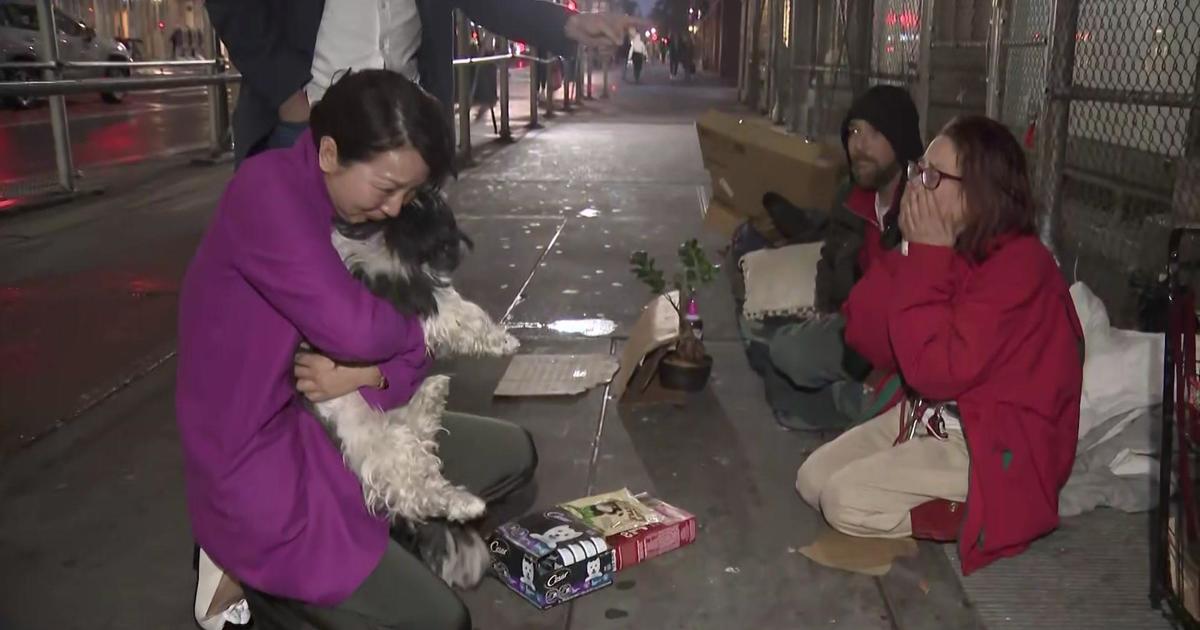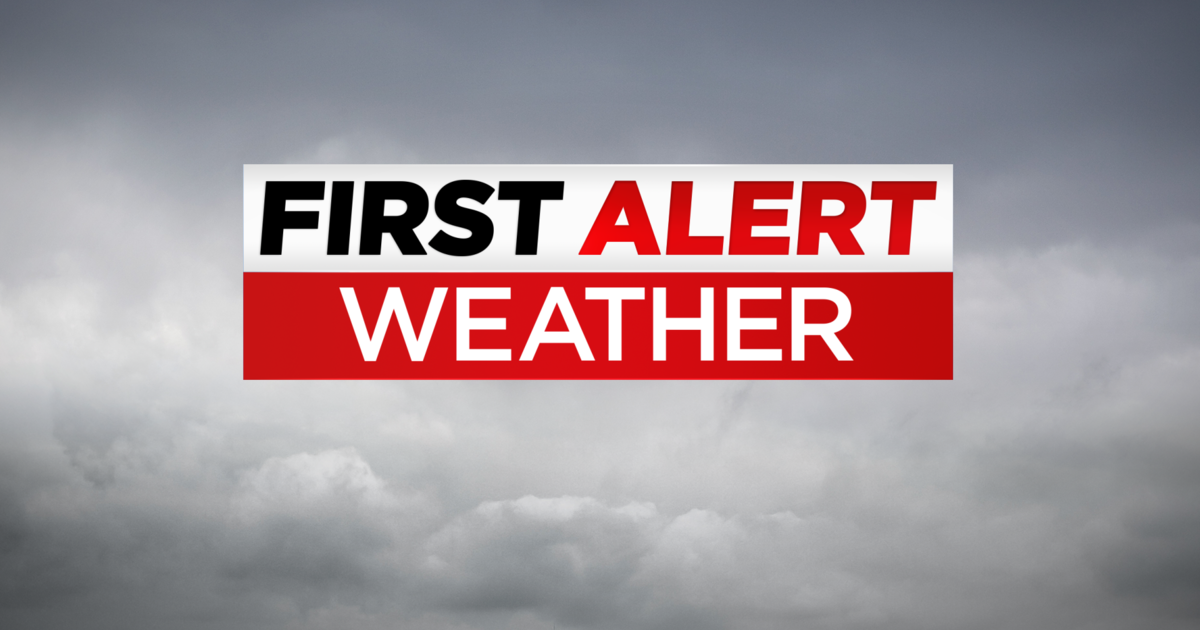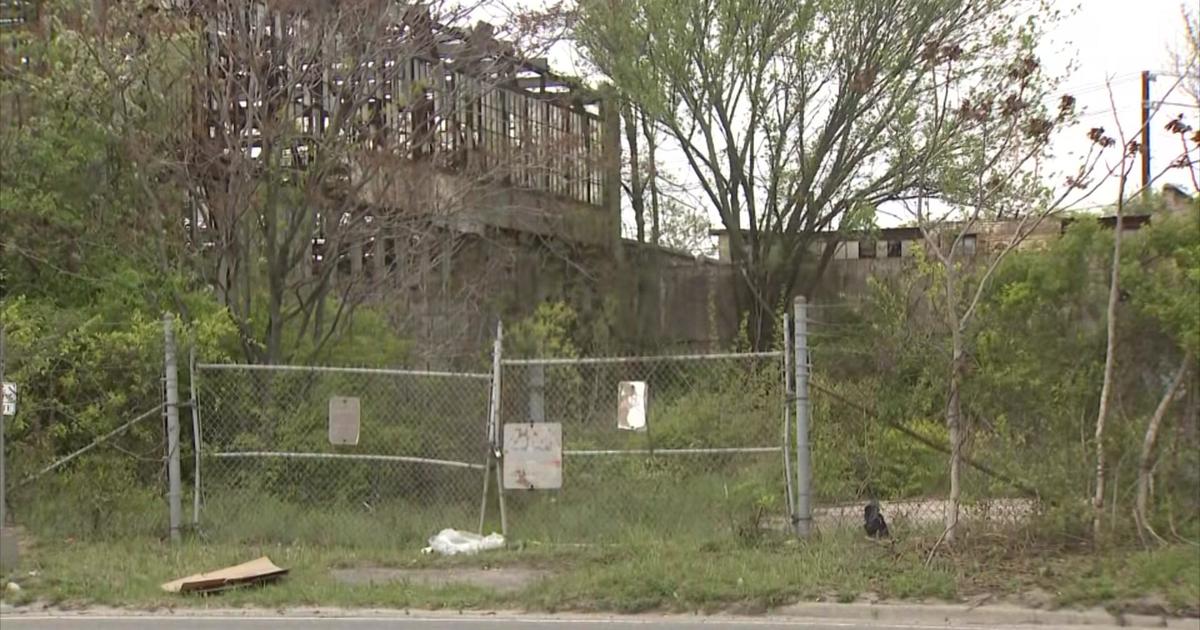Concerns about Wall Street have many worried about their retirement funds
NEW YORK -- For the fifth day, the S&P 500 fell, as the markets brace for an interest rate hike by the Federal Reserve.
It just adds to the uncertainty, as experts fear there are signs of a looming recession.
CBS2's Aundrea Cline-Thomas breaks down what you need to be doing with your money.
From the downturn in the stock market to high gas prices, the increasing cost of everything is forcing many to make adjustments.
"The gas is double for this limousine. It's emptying out my pockets," one driver said.
"As a family, just help each other out and support each other. Stretch it as much as we can," another person said.
"I guess you try to save as much as you can, not spend a lot. Plan ahead," another added.
Morgan Stanley managing director Kathy Entwistle says it's time to reset your finances and think long term.
"Buckle down right now, don't panic. Know that this is a normal market cycle," Entwistle said.
Entwistle advises people to first divert money for non-essential items into an emergency fund. Pay down credit cards, starting with the highest interest rate, and, if you can, invest in the stock of healthy companies while prices are low.
"If you are thinking about investing or you are investing, dollar cost averaging is a great way to go in this kind of a market. Start putting money in a little bit at a time," Entwistle said.
Let's break down how we got here. Inflation has been a problem since the beginning of the year. Russia's invasion of Ukraine just made things worse. Add to that shortages as the economy is trying to bounce back, and, of course, we are still dealing with a pandemic.
"The economy is going too fast because they created too much money, too rapidly, in order to fight what they expected to be the COVID recession," said Dr. Giacomo Santangelo of the Fordham University Department of Economics. "It was too much too quickly and because there was a slowdown in production and everyone had more money, they had nothing to spend the money on, so price levels went up."
To slow spending, the Federal Reserve is expected to increase interest rates. Concerns about how aggressively it may be are causing stock market volatility.
"The fear that people have is that the Federal Reserve is going to slow the market down too much and the car is going to stop, possibly start going in reverse, and if that happens we go into a recession," Santangelo said.
Experts say during the tough days ahead, hold on. What goes down will eventually come back up again.




